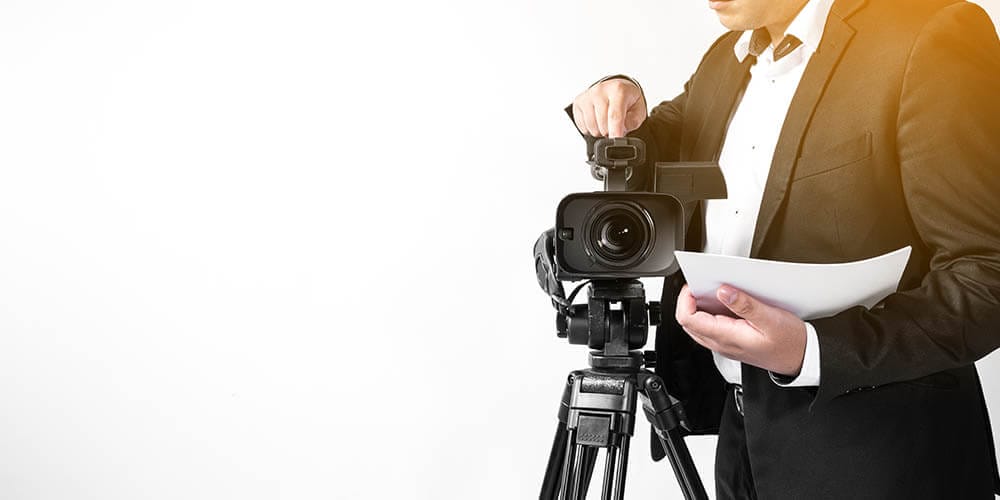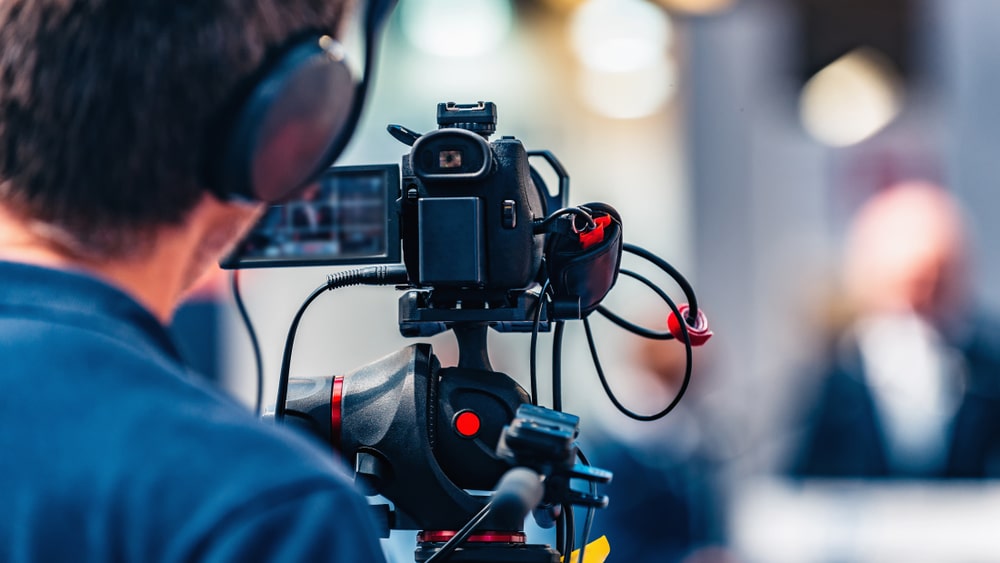Expert Legal Videography for Trials.
Expert Legal Videography for Trials.
Blog Article
The Function of Lawful Videography in Depositions and Tests
Lawful videography has become a crucial device in both depositions and trials, supplying a diverse technique to documenting witness testimonies. By catching not only the talked word however also the subtleties of non-verbal communication, this tool improves the integrity of testimonies and preserves crucial proof for future proceedings (legal videography). As lawyers significantly acknowledge its value, it triggers a much deeper exam of how these aesthetic records can affect juror understandings and test outcomes. What ramifications might these growths hold for the future of legal practice?

Significance of Legal Videography
Lawful videography plays an essential function in the documents and presentation of depositions and tests. This customized area incorporates technological skills with legal knowledge to create a dependable record of procedures that can dramatically influence case outcomes. The appearance of lawful videography boosts the understanding of witness testimony, enabling jurors and judges to observe not only the spoken words but likewise the temperament, feelings, and body language of the witnesses.
On top of that, lawful videography provides an objective account of events, decreasing the capacity for false impression that can accompany written records alone. This aesthetic paperwork functions as an essential device throughout test presentations, promoting a clearer and even more persuasive narrative for both plaintiffs and accuseds. Moreover, the capability to replay video segments during court proceedings allows legal groups to highlight bottom lines, enhancing their debates effectively.
The significance of lawful videography extends past the court; it also plays an essential function in maintaining proof for future reference, whether for charms or more lawsuit. Its integration into the legal process is necessary for guaranteeing a fair and precise depiction of the realities, ultimately contributing to the search of justice.

Refine of Legal Videography
While catching the subtleties of depositions and tests, the procedure of legal videography includes a number of essential actions that ensure premium, accurate recordings. A specialist legal videographer prepares by evaluating the situation materials and comprehending the particular needs of the deposition or test. This prep work consists of familiarizing themselves with the individuals and the context, which aids in catching significant information.
On the day of the recording, the videographer establishes the required tools, which usually includes high-definition electronic cameras, microphones, and appropriate lighting. Ensuring optimum angles and audio top quality is essential, as it straight influences the performance of the recording. The videographer communicates with lawyers and individuals to develop methods, making certain that everybody understands the recording process.
Throughout the deposition or trial, the videographer meticulously records the proceedings, paying close interest to both spoken and non-verbal cues. This includes recording the attitude and reactions of witnesses and lawyers. After the session wraps up, the videographer may edit the footage for clearness and compliance with lawful requirements, generating an end product that accurately shows the proceedings for future reference and use in legal contexts.
Benefits in Depositions
The incorporation of videography in depositions offers many advantages that enhance the total process of gathering proof. One main benefit is the capability to record witness testimonies with visual and acoustic integrity, supplying an go to this web-site extra accurate depiction of the witness's disposition, tone, and body movement. This multidimensional strategy allows lawyers and courts to assess integrity better than standard written transcripts alone.
In addition, videographed depositions work as a powerful tool for maintaining testament. Should a witness come to be unavailable for trial, their tape-recorded deposition can be played in court, guaranteeing that their proof remains accessible and pertinent. This aspect dramatically decreases the threat of losing essential details that could influence instance end results.

Last but not least, videography improves the general expertise of the deposition process, instilling confidence in clients pertaining to the thoroughness of their legal representation (legal videography). By leveraging innovation, lawyers can substantially enhance the performance of depositions
Influence on Trials
In many trials, the assimilation of videography can substantially influence the presentation of evidence and the jury's perception. Legal videography captures witness testaments and important proof in a dynamic layout, enabling jurors to engage with the product on numerous levels. This aesthetic part enhances the storytelling aspect of a test, offering context and emotional vibration that conventional text-based proof might lack.
In addition, video recordings can act as effective tools for impeachment throughout cross-examination. When disparities develop between a witness's previous statements and their court room statement, video clip evidence provides an unbiased reference that can persuade jurors' opinions. This immediacy and quality can boost the credibility of an event's narrative while simultaneously threatening opposing disagreements.

Future Trends in Legal Videography
As we look towards the future of lawful videography, numerous arising fads assure to improve its duty within the court room. One significant trend is the integration of artificial intelligence (AI) in video evaluation and editing. AI can streamline the procedure of identifying key moments in tape-recorded depositions, enabling attorneys to rapidly access appropriate content, anchor thereby enhancing efficiency in case preparation.
In addition, the surge of digital truth (VR) and augmented reality (AR) modern technologies is anticipated to transform how jurors experience evidence. legal videography. By submersing jurors in a substitute atmosphere, these technologies can offer a more extensive understanding of complicated scenarios, causing more informed considerations
Additionally, the enhancing demand for my website remote depositions, increased by the COVID-19 pandemic, will likely continue. Legal videographers will certainly require to adapt to brand-new software application and platforms to make certain high-grade recordings in digital settings.
Last but not least, the growing focus on data security will certainly require more stringent protocols for saving and sharing video proof. As the lawful landscape develops, lawful videographers have to stay abreast of these fads to preserve their importance and efficiency in the judicial procedure.
Final Thought
In summary, legal videography serves an important feature in the judicial procedure, boosting the integrity of depositions and trials. As innovation continues to progress, lawful videography is positioned to more change its duty within the lawful landscape.
Report this page